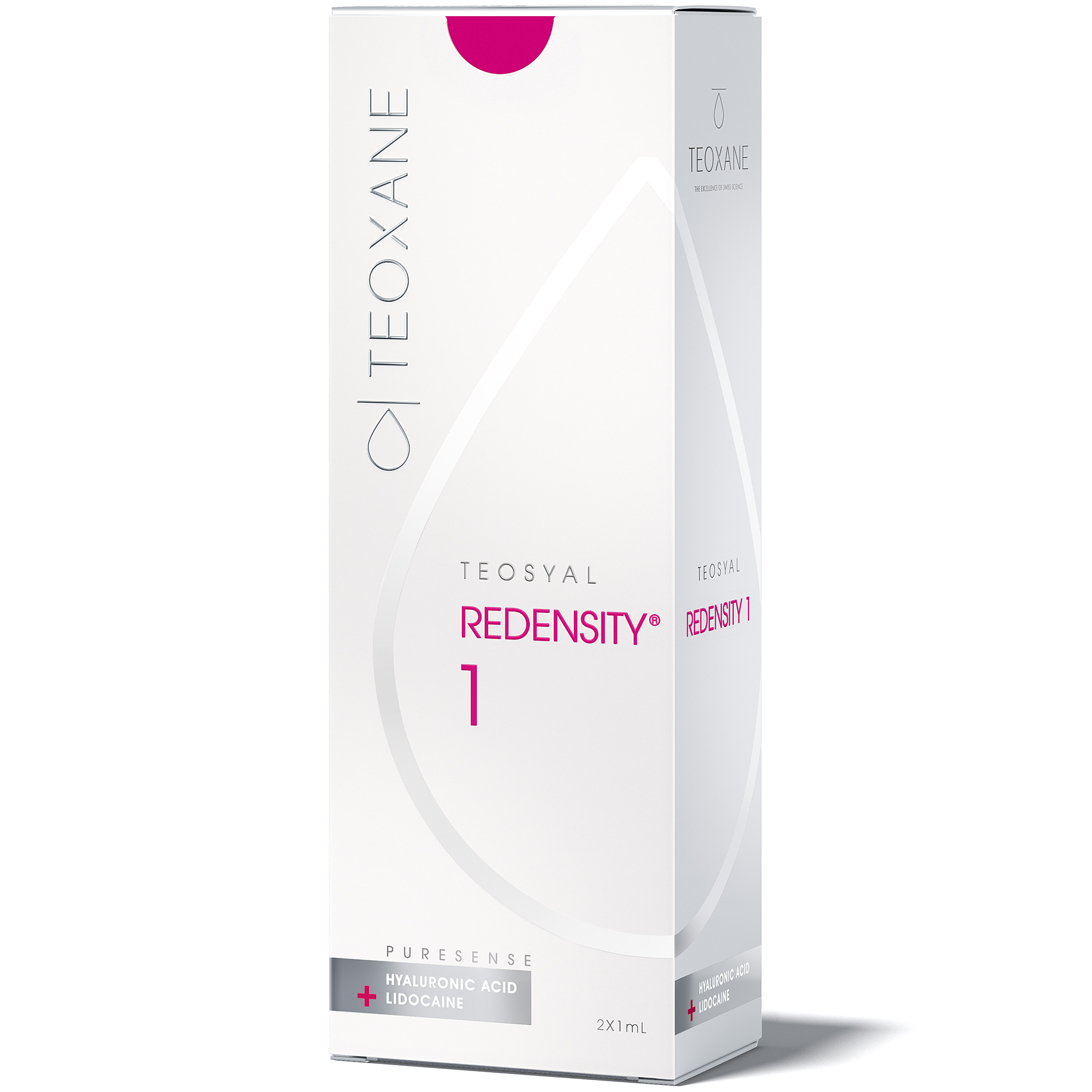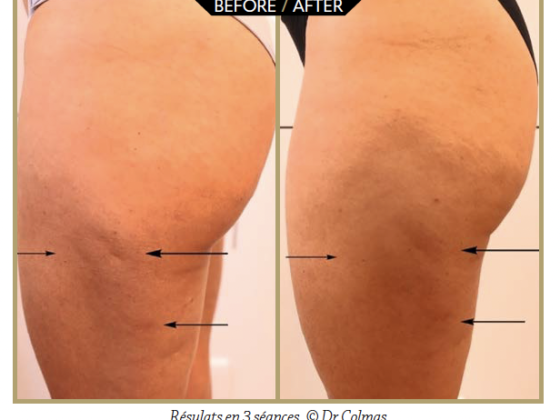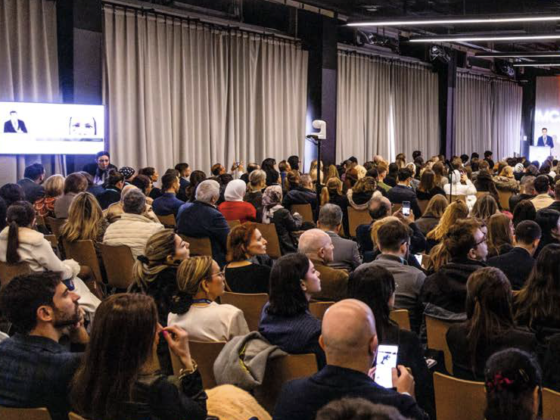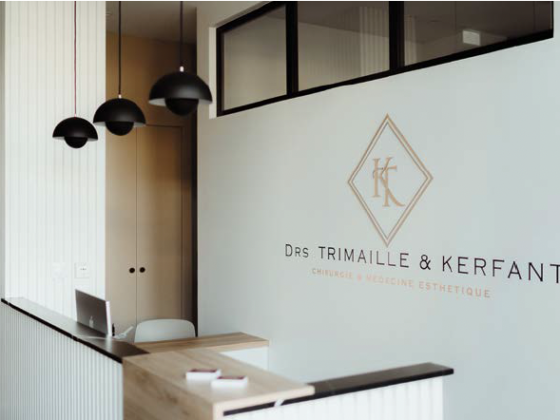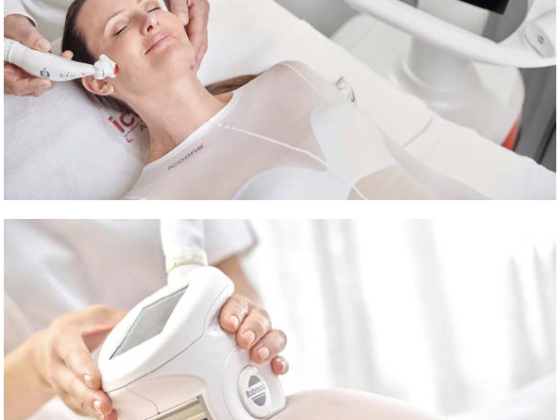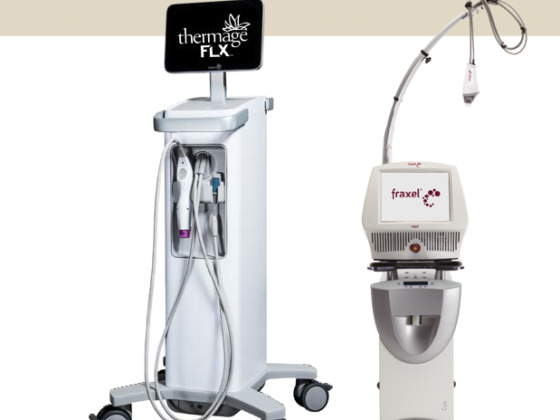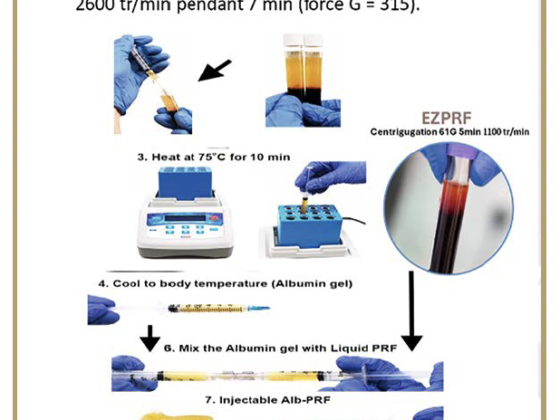Dr Pablo Naranjo
Cryolipolysis received European Union CE Mark approval in 2009 for non invasive fat reduction and has since become very popular, with an increasing number of treatments carried out every year worldwide.
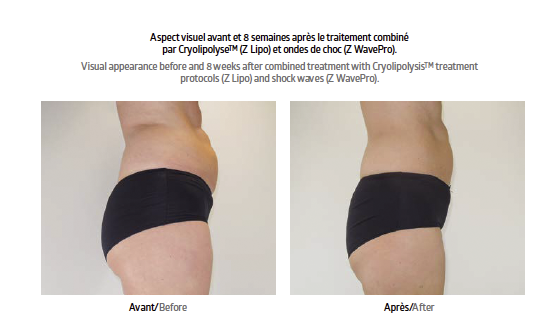 One main reason for this development is the high demand by patients for non-surgical alternatives to liposuction. Cryolipolysis is now considered to be a very successful method for reducing selected localised fat deposits.over an extended period (average of 60 minutes), without damaging the surrounding tissue or skin (1).
One main reason for this development is the high demand by patients for non-surgical alternatives to liposuction. Cryolipolysis is now considered to be a very successful method for reducing selected localised fat deposits.over an extended period (average of 60 minutes), without damaging the surrounding tissue or skin (1).
It is not, as is often reported in the media or in the industry’s marketing material, a matter of “freezing” the fat; the aim is to cool down fat cells (via thermal conduction) under around +4°C. This targeted extraction of heat undergoes localised adipose cell death followed by a local inflammatory response (panniculitis). According to Dr. Ingargiola’s clinical study (2), the treatment generates an average of 20% of localised superficial fat tissue layer reduction after several months (3), and the triglycerides are evacuated naturally through lymphatic system and then processed by the liver.
Cryolipolysis is considered an effective method which causes minimal pain and no serious long-lasting side effects (4). When this technology is applied on selected patients and combined appropriately with other treatments, we can obtain a higher-le-vel patient satisfaction (5). Local fat deposits on arms, hips, ab-domen, buttocks or thighs can be treated. In our Clinic in Spain (Elite Laser, Madrid) we have had the opportunity to apply over the last few years several CryolipolysisTM devices and test their effectiveness and functionality. We are currently working very successfully with the ZLipo System from Zimmer MedizinSysteme (Neu-Ulm, Germany). Thanks to the flexible instrument settings and different applicators we are able to adapt the treatment perfectly to the individual needs of the patient.
For example, it is possible to set the desired temperature of the cooling plates as low as -10°C (in 1 degree Celsius increments). This allows us, for example, to treat thicker abdominal fat very successfully (e.g. at -10°C), but treating patients with a higher sensitivity to cold or thinner fat layer is also possible without problems (e.g. at -5°C). The intensity of the vacuum can be adjusted to the area (10 different stages), being able to restrict circulation temporally for adequate maintenance of lower temperatures during the treatment. Another interesting instrument setup in the ZLipo System, which is not common in other Cryolipolysis devices, is the possibility of operating with continuous or pulsed vacuum. With three different vacuum frequencies it is possible to achieve a “massage” effect. The vacuum level varies and helps, espe-cially at the end of treatment, to stimulate the metabolism and lymphatic drainage.
In order to achieve the best result when treating with Cryolipolysis, massage immediately after treatment is recommended in every case. Dr Boey’s clinical study demonstrates that 44 % better results can be expected if this recommendation is fol-lowed (6). In order to ensure a homogeneous mechanical effect, to enable the “crystallised triglycerids” to percute the membrane of the fat cells, we combine CryolipolysisTM with Zimmer MedizinSysteme’s Z WavePro shockwave device.
Dr. Hunt’s studies have shown the advantages of this combination of technologies (shock waves after Cryolipolysis): we can expect to achieve a better and significantly faster reduction of fat. Another significant advantage of shock wave treatment is an improvement in the appearance of the skin. Of course, in any kind of fat reduction treatment, skin tightening treatments are always suitable. Combination of Cryolipolyisis and shock waves give us three advantages over conventional Cryolipolysis: faster fat loss, more effective fat reduction and skin tightening. In addition, shock wave treatment is also applied in our clinic in combination with other therapies such as radiofrequency, ultrasound and injections. All treatment protocols for those purposes can also be found in the software of the shock wave device.
Cryolipolysis is a “Gold Standard” technique for fat reduction.
Prerequisites for successful treatments are careful patient selection and individually adjustable parameters of the Cryoli-polysisTM system (Z Lipo, Zimmer MedizinSysteme). The successful combination of this therapy with shock waves treatment (Z WavePro, Zimmer MedizinSysteme) leads to faster and more effective fat loss and improved skin appearance.
1. Avram, MM; Harry, RS (2009). «Cryolipolysis for subcutaneous fat layer reduction». Lasers in Surgery and Medicine 41 (10): 703–8.
2. Ingargiola, MJ.; Motakef, S.; Chung, MT.; Vasconez, HC.; Sasaki, GH. (Jun 2015). «Cryolipolysis for fat reduction and body contouring: safety and efficacy of current treatment paradigms». Plastic and Reconstructive Surgery 135 (6): 1581–90.
3. Derrick, CD; Shridharani, SM; Broyles, JM (Jun 2015). «The Safety and Efficacy of Cryolipolysis: A Systematic Review of Available Literature.». Aesthetic Surgery Journal 35: 830–6.
4. Coleman, SR; Sachdeva, K; Egbert, BM; Preciado, J; et al. (2009). «Clinical efficacy of noninvasive cryolipolysis and its effects on peripheral nerves» (PDF). Aesthetic Plastic Surgery 33 (4): 482–8.
5. Krueger N, Mai SV, Luebberding S, Sadick NS (26 June 2014). «Cryolipolysis for noninvasive body contouring: clinical efficacy and patient satisfaction.». Clin Cosmet Investig Dermatol. 7: 201–5. 1.Avram, MM; Harry, RS (2009). «Cryolipolysis for subcutaneous fat layer reduction». Lasers in Surgery and Medicine 41 (10): 703–8. 2. Ingargiola, MJ.; Motakef, S.; Chung, MT.; Vasconez, HC.; Sasaki, GH. (Jun 2015). «Cryolipolysis for fat reduction and body contouring: safety and efficacy of current treatment paradigms». Plastic and Reconstructive Surgery 135 (6): 1581–90. 3. Derrick, CD; Shridharani, SM; Broyles, JM (Jun 2015). « The Safety and Efficacy of Cryolipolysis: A Systematic Review of Available Literature.». Aesthetic Surgery Journal 35: 830–6. 4. Coleman, SR; Sachdeva, K; Egbert, BM; Preciado, J; et al. (2009). «Clinical efficacy of noninvasive cryolipolysis and its effects on peripheral nerves» (PDF). Aesthetic Plastic Surgery 33 (4): 482–8. 5. Krueger N, Mai SV, Luebberding S, Sadick NS (26 June 2014). «Cryolipolysis for noninvasive body contouring: clinical efficacy and patient satisfaction.». Clin Cosmet Investig Dermatol. 7: 201–5.
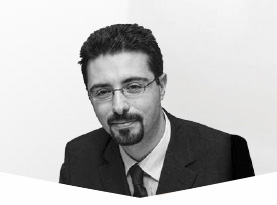 Dr Pablo Naranjo: Elite Láser Madrid Paseo de las Acacias, 61 28005 Madrid / Spain
Dr Pablo Naranjo: Elite Láser Madrid Paseo de las Acacias, 61 28005 Madrid / Spain



